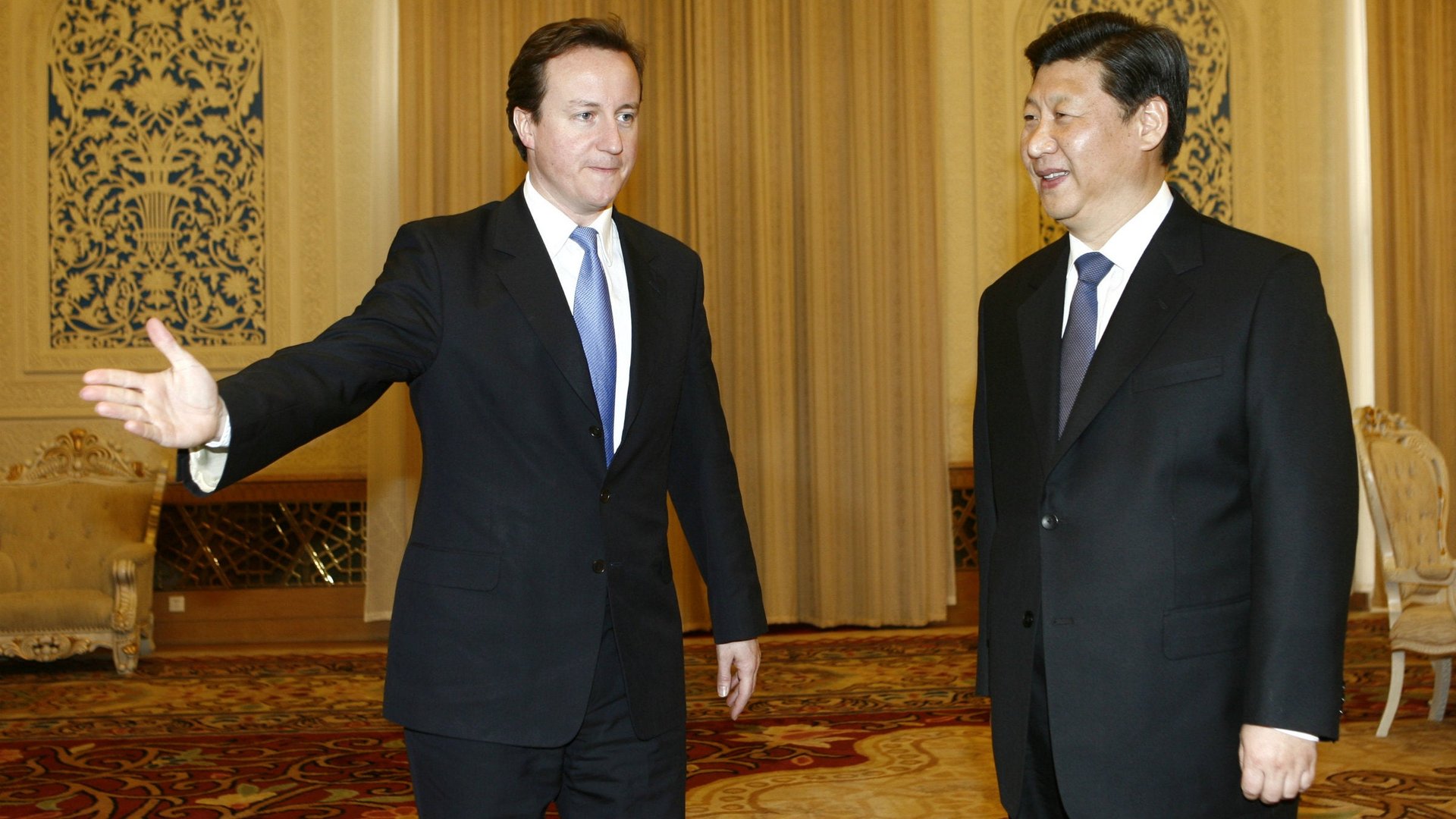Britain’s big banks echo China on Hong Kong’s democracy movement
Barclays is the latest big British financial institution to sound the alarm over Hong Kong’s democracy movement, warning that an upcoming protest over Beijing’s growing influence could have as much impact on property markets as the Asian financial crisis.


Barclays is the latest big British financial institution to sound the alarm over Hong Kong’s democracy movement, warning that an upcoming protest over Beijing’s growing influence could have as much impact on property markets as the Asian financial crisis.
Hong Kong’s Occupy Central protest,”could be one of the unexpected shocks” that triggers a property market slump, Paul Louie, Barclays head of property research in Asia, told the South China Morning Post. In a research note this week, he wrote, “If a shock were to occur, we believe the subsequent recovery could take a long time, and better resemble 1998,” the year of the regional financial crisis, than more recent housing price crashes in 2003 and 2008.
Barclays’ warning follows a research report from HSBC this week which said the Occupy Central movement “could hurt” Hong Kong’s economy.
But will Occupy actually do any damage? Other international banks from Europe and the United States have been largely silent about its impact (although the Hong Kong offices of the Big Four accounting firms have publicly opposed them). Dozens of finance professionals have even joined the movement, saying Hong Kong’s continued independence from China is integral to its continued commercial success.
The protests, which could take place at any point in the next few months, propose to “shut down” Hong Kong with a sit-in, if demands are not met that Hong Kong be allowed to choose candidates for election. But any demonstrators trying to block traffic or commuters will face stiff opposition from security forces who have been training in anti-protest tactics.
And contrary to Barclays’ gloomy prognosis, many real estate analysts have recently turned bullish on Hong Kong’s property sector and raised forecasts for the market.
Barclay’s comments were derided by many Hong Kongers, and overall fears about pro-democracy protests were dismissed by analysts at other institutions. “Historically civil rights movements in Hong Kong have brought insignificant impact to the financial market,” Fan Cheuk Wan, chief investment officer for Asia Pacific at Credit Suisse Private Banking and Wealth Management, told The Wall Street Journal.
The analysts who wrote the HSBC and Barclays reports “live with their heads in the clouds,” Francis Lun, the chief executive of brokerage Geo Securities said today on Hong Kong morning radio. “The one thing you can do with these reports is ignore them completely.”
The British banks’ gloomy view of Occupy hews closely to Beijing’s. The Occupy Central movement could “bring the Hong Kong economy into chaos,” China’s ambassador to Britain wrote in a July 8 op-ed in the Financial Times. China’s censors have also scrubbed information Hong Kong’s democracy movement from the internet on the mainland, and Beijing is believed to be behind a hacking attempt on an Occupy Central online poll that Chinese state media deemed “illegal” and “farcical.”
And HSBC and Barclays have plenty of reasons to try to stay on the good side of their mainland customers. British banks have the largest amount of loans outstanding to Chinese companies of any foreign banks after Hong Kong’s, some $193 billion.
HSBC and Standard Chartered have pulled millions of dollars in advertising from Apple Daily, a Hong Kong newspaper that has been critical of Beijing and extensively covered the pro-democracy movement. The banks were told to pull their advertising by the Chinese government, an executive from the paper’s owner, Next Media, told The Wall Street Journal. The banks say they pulled advertising because of “commercial considerations.”
Neither HSBC or Barclays had any comment beyond the reports they issued.